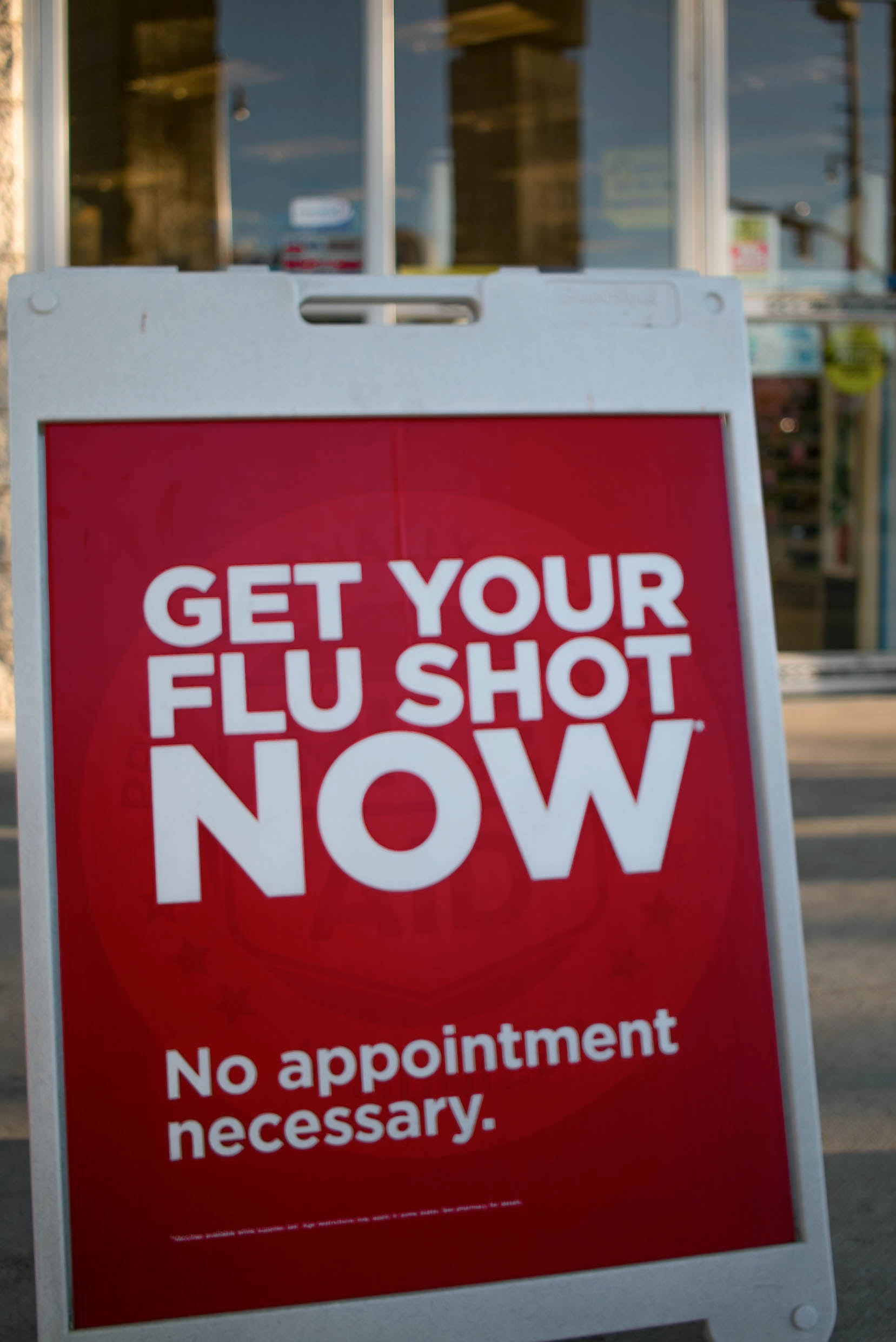Kennesaw State’s Student Health Services encourages students to watch out for their health and get their flu shot as the flu outbreak remains widespread throughout Georgia and the United States.
According to Dr. Megan Bowles, director of health services, there are currently around the same number of patients with influenza at KSU as there were during the 2016-17 flu season, but it is still too early in the semester to tell if this season will be better or worse than last year.
“The winter holiday break, several snow days and Monday closure for Martin Luther King Day certainly has helped to disrupt the transmission of flu,” Bowles said.
Dr. Kandice Porter, chair of the Department of Health Promotion and Physical Education, explained that the 2017-18 flu season is unique because it is affecting people all across the country at the same time. In past years, the flu season tended to peak at different times in each region.
According to the Chicago Tribune, 32 states reported high patient traffic because of the influx of patients with flu symptoms last week, making it the busiest week for flu symptoms in nine years. The only state in the country that has not reported widespread flu symptoms is Hawaii.
“This flu season started early and will likely impact a number of our KSU students,” Porter said.
“This year’s flu vaccine has had limited effectiveness in the southern hemisphere,” Porter said. “The good news is that the flu vaccine is likely to provide more protection to the late season strands of the flu.”
Bowles strongly encourages students to get their flu shot to protect against the flu. It is not too late for anyone to get their flu shot this winter, and all three of KSU’s on-campus clinics offer flu shots to students. The clinics are located in the Recreation and Wellness Center on the Marietta campus, in University Village and on Campus Loop Road on the Kennesaw campus.
Student Health Services has included recommendations on its website for how to avoid getting the flu and how to avoid spreading germs. These include making sure students wash their hands, cover their noses when they cough or sneeze, avoid touching eyes and mouth and disinfect surfaces that may be contaminated with germs.
Bowles said most students with the flu will have mild symptoms and will probably not need medical care. The Center for Disease Control recommends in most cases that those with influenza avoid contact with others and stay home at least 24 hours after their fever is gone.
Bowles warned that students with diabetes, asthma, chronic lung disease, HIV or cancer have a high risk of developing complications from the flu and should call their doctor within 48 hours of showing flu symptoms.


